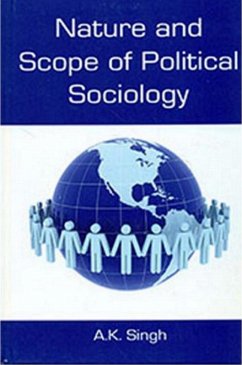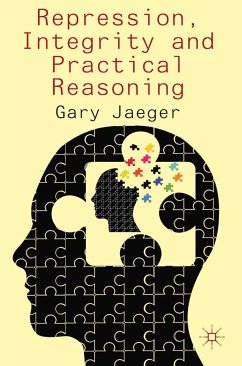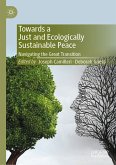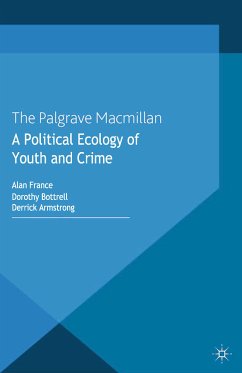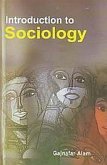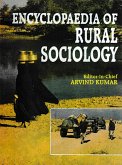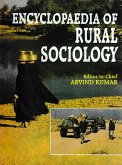Political sociology of poverty requires an analysis of the relationship between the political, economic and socio-cultural actors, institutions and processes in the context of poverty. It assumes that poverty is a complex and cumulative consequence of power relations over a period of time between groups within a region and between regions in the modern world system. Liberal democracies do not respect will of the majority except when electing representatives. This effectively means that a small number of elected representatives make decisions and policies about how a nation is governed, the laws that govern the lives of its citizens, and so on. In addition to the electoral process, the will of the majority is also restricted by the constitution or precedent decided by previous generations. An essential reading for the students of social sciences in general and of sociology and political science in particular, the general readers may also find it of tremendous interest.
Dieser Download kann aus rechtlichen Gründen nur mit Rechnungsadresse in A, B, BG, CY, CZ, D, DK, EW, E, FIN, F, GR, HR, H, IRL, I, LT, L, LR, M, NL, PL, P, R, S, SLO, SK ausgeliefert werden.

